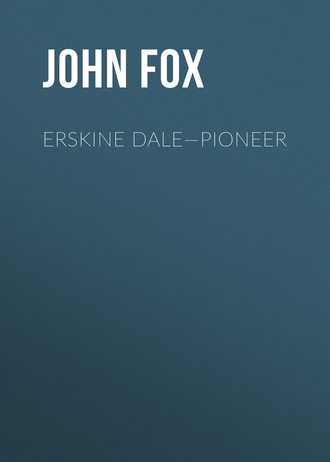Erskine Dale—Pioneer
 полная версия
полная версияErskine Dale—Pioneer
Жанр: зарубежная классиказарубежная старинная литератураисторическая научная и учебная литератураобщая история
Язык: Английский
Год издания: 2017
Добавлена:
Настройки чтения
Размер шрифта
Высота строк
Поля



